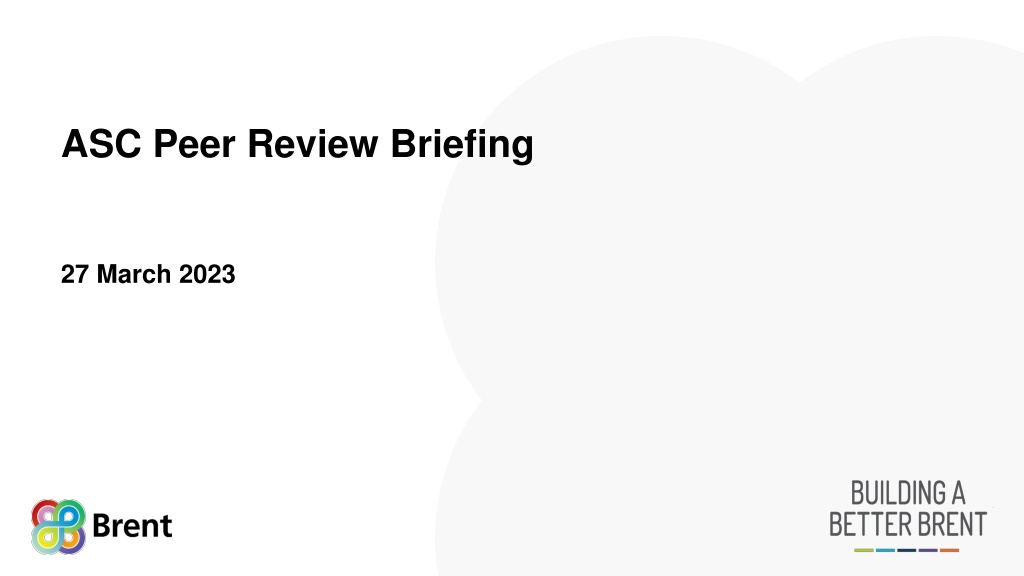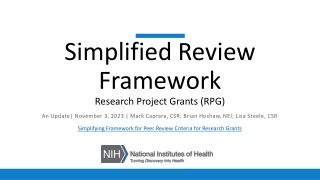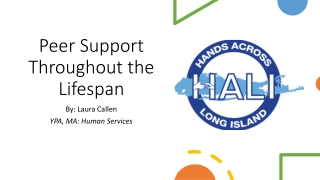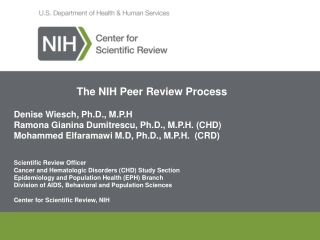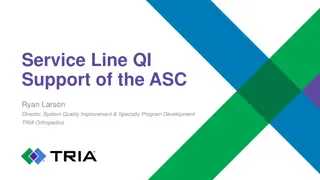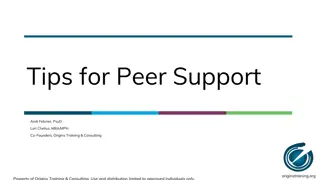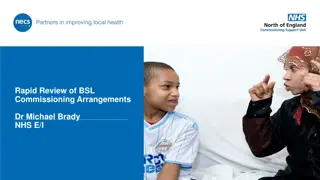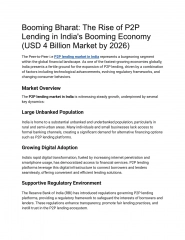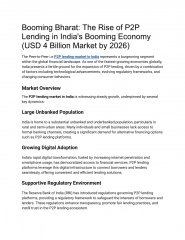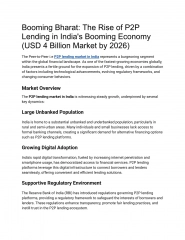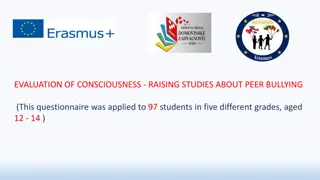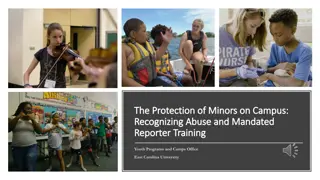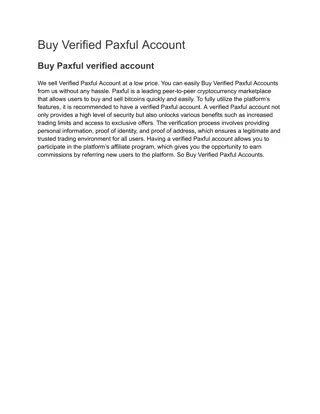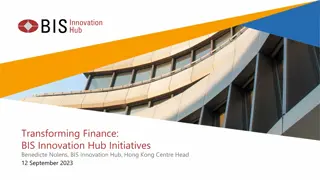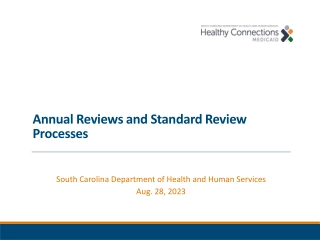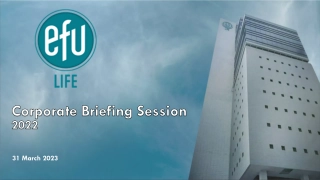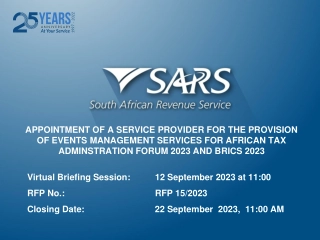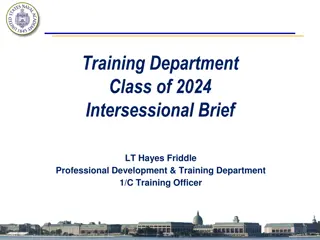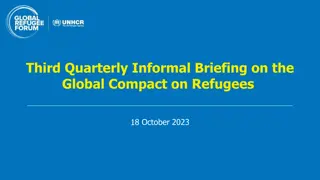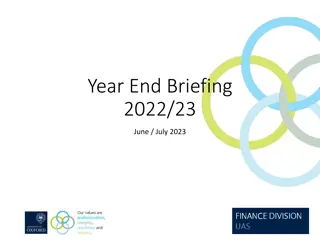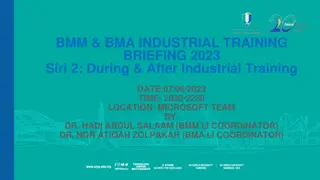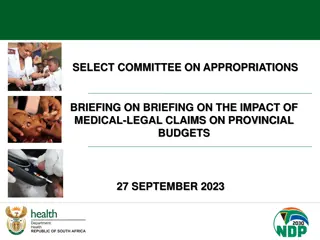ASC Peer Review Briefing
Brent, an outer London Borough in North West London, is home to a culturally diverse population of nearly 340,000 residents. The borough faces challenges such as poverty and deprivation, with specific focus on addressing health inequalities, supporting mental health and wellbeing, and empowering vulnerable adults to lead active lives. The Adult Social Care (ASC) landscape in Brent reflects a commitment to community care, primary care strengthening, and individual service choice and control. The organizational context of ASC in Brent shows strong partnerships within London networks and local sub-regional links, highlighting a focus on improvement, quality, and performance.
ASC Peer Review Briefing
PowerPoint presentation about 'ASC Peer Review Briefing'. This presentation describes the topic on Brent, an outer London Borough in North West London, is home to a culturally diverse population of nearly 340,000 residents. The borough faces challenges such as poverty and deprivation, with specific focus on addressing health inequalities, supporting mental health and wellbeing, and empowering vulnerable adults to lead active lives. The Adult Social Care (ASC) landscape in Brent reflects a commitment to community care, primary care strengthening, and individual service choice and control. The organizational context of ASC in Brent shows strong partnerships within London networks and local sub-regional links, highlighting a focus on improvement, quality, and performance.. Download this presentation absolutely free.
Presentation Transcript
ASC Peer Review Briefing 27 March 2023
Welcome to Brent: Our Context
Our Context the borough we serve Brent is an outer London Borough situated in North West London. We are home to nearly 340,000 residents. We are proud that Brent is one of the most culturally diverse boroughs in the country 65% of residents identify as Black, Asian, or Minority Ethnic and 37% do not speak English as a main language. Brent s population has grown at a faster rate than London and England 9.2% compared to 7.7% and 6.6%, respectively. Compared to the London average, a higher % of Brent residents are living in poverty the South of the borough (which is more like an inner London borough) has higher levels of deprivation. Our population is relatively young but is ageing
Our Context the borough we serve We take an active interest in access and representation across our services % of the population % receiving an % variation ASC service 30.14% 39% -8.9% Asian or Asian British Black or Black British Mixed / Multiple Other Ethnic Groups 4% White 16% 26.67% +10.7% 2% 0.86% 3.02% 36.31% -1.1% -1% -1.7% 38% Our service user population broadly reflects the local population for White, Other Ethnic, and Mixed groups but Asian and Black residents are disproportionately under and over-represented in our provision, respectively
Our Context the ASC strategic landscape We will develop community care We will tackle health inequalities We will support better Mental Health and Wellbeing We will strengthen primary care We will support our most vulnerable adults, enabling them to choose and control the services they receive, to remain independent and lead active lives Brent Borough Plan Brent ICP Priorities The importance and value of Adult Social Care is reflected in the Brent strategic landscape and we are a key contributor to local strategic priorities
Our Context the ASC organisational context London London: Active participants in London ADASS networks and in local NWL partnerships WLA/NWL: Strong sub- regional links on commissioning via WLA and NWL ICS. WLA/NWL ICP LBB ICP: Strong local ASC co- chaired ICP. ASC HoSs actively engaged in ICP programmes. LBB: Strong officer and member performance, accountability, and support culture CLT, Cabinet, and Scrutiny links plus access to Corporate resources. ASC&H ASC ASC&H: Close working links with Public Health and ICP teams. ASC&H shared PII function. Strong and consistent ASC&H SLT. ASC: Experienced and permanent DMT spanning social work, OT, and Commissioning functions with focus on improvement, quality, and performance.
Our Context our ICP ethos and principles Everything we do should have the resident at its heart We cannot tackle the current or future challenges of the health and care system as individual organisations, we must work together. We will work with our communities to understand what matters to them, and to prioritise changes that will have the biggest impact on both their outcomes and for the sustainability of the health and care system.
Our Context our set up Phil Porter Corporate Director Adult Social Care and Health Claudia Brown Operational Director Adult Services (DASS) Melanie Smith Director of Public Health Tom Shakespeare Operational Director Brent Integrated Care Partnership Joanna Walton Head of Performance, Improvement & Insight Andrew Davies Head of Commissioning, Contracting & Market Management Tiffany Adonis-French Head of Access, Information & Long Term Support Sarah Richards Head of Intermediate Care & Principal Occupational Therapist Becky Byrne Head of Learning Disabilities & Mental Health Evelyn Amedoda Head of Safeguarding and Principal Social Worker Kingsley Akuffo Borough Director, Brent Mental Health Service (CNWL) Information & Access; Triage & Assessment Team; Visiting Team Safeguarding Team Occupational Therapy Learning Disabilities Supported Living Residential & Nursing DoLS Reablement Mental Health Support Planning; North; South Community & Prevention Hospital Social Work Team EDT LPS Review Team SMART Direct Services; John Billam Resource Centre; New Millennium; Tudor Gardens
Our Context our ASC drivers Demand for Adult Social Care in Brent is growing as seen in the number of residents we are supporting. There are multiple drivers for increased demand in Brent including Our ageing population More residents living with long-term conditions Growing mental health need Demand is increasingly complex with higher acuity need
Our Self- Assessment Summary
Our Context our vision for Adult Social Care Working with you to live your best life We will work with residents and carers, as partners in their own care and support, to live independent, safe, happy, and fulfilling lives. We will enable and support our staff and partners tomeet our community s needs and deliver excellent outcomes for you. It will be everyone s responsibility to create a culture of continuous improvement, with inclusion, equity, and equality at its heart. We co-developed this vision with residents and staff and are due to formally launch it in April 2023
Our Context our Pathways and Practice Model Enable People to Live their Lives Pathway stages Help People Help Themselves Give Support When Needed Strengthen & Stabilise Assessment, Support Plan & Review Listen & Resolve Short-term support and interventions to support individuals to regain independence or stabilize after crisis. Community is key and never assume long-term. Through strengths-based person-centred conversations identify goals and aspirations, enabling solutions that meet needs and utilize communities and networks. Giving people information, advice, and guidance (IAG) and equipment/ adaptations to take active responsibility and make changes to maximise their independence. Pathway offer Contact type One off e.g. IAG, adaptation, handyperson Long-term e.g. Placements, Care Package, Carer support Short-term e.g. Reablement, Home First, step down care Keeping people safe is at the heart of everything we do Commissioning Strengths based practice Enablers Making safeguarding personal Enabling Independence through Equipment & Technology We co-developed this operating model with staff and are due to formally launch it in April 2023
Working with People Strengths Hospital Discharge Pathway Areas for Development Resident/carer satisfaction Enabling accommodation-based support Prevention/Reablement Supported employment WRES trailblazer Practice quality variation (e.g. strengths-based, risk management) Operational health partnerships (e.g. CNWL via MOU)
Leadership Strengths Strong strategic partnerships internal and external Areas for Development Workforce (recruitment, retention, and development) High quality strategic commissioning Embedding co-production more consistently High quality, well-developed, permanent leadership Programme management Embedding quality assurance and performance management systems High support/high challenge culture and approach
For further information please contact: Phil Porter Phil.Porter@brent.gov.uk
